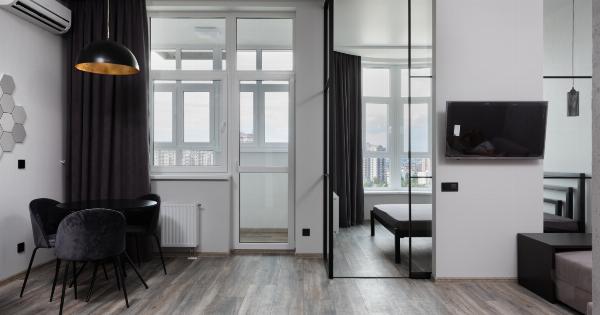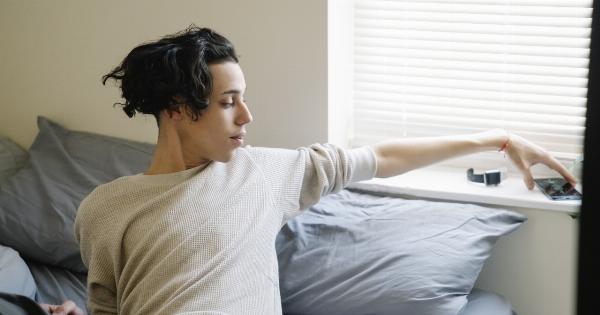As we grow older, changes to our sleep patterns become more common due to various reasons such as medical conditions, medication side effects, and lifestyle changes. However, excessive sleepiness in the elderly is not just a normal part of aging.
It could be a sign of early dementia.
What is Dementia?
Dementia is a syndrome characterized by progressive deterioration of cognitive function, including memory loss, thinking abilities, and behavioral changes.
It is estimated that over 50 million people worldwide suffer from dementia, and the number is expected to rise in the coming years.
Types of Dementia
There are several types of dementia, including Alzheimer’s disease, vascular dementia, and Lewy body dementia. Alzheimer’s disease is the most common type, accounting for approximately 60-80% of dementia cases.
It is characterized by the buildup of beta-amyloid plaques and tau protein tangles in the brain, leading to the death of brain cells and consequent cognitive decline.
Sleep and Dementia
There is growing evidence that sleep disturbances may play a role in the development and progression of dementia.
Research has shown that people with dementia have disrupted sleep patterns, including sleep fragmentation, increased daytime sleepiness, and rapid eye movement (REM) sleep behavior disorder.
A study published in the journal Neurology found that excessive daytime sleepiness in elderly people without dementia was associated with an increased risk of developing dementia within 10 years.
The study followed 2830 elderly people without dementia for 10 years, and those who reported excessive daytime sleepiness at the beginning of the study were 2.3 times more likely to develop dementia than those who did not have excessive sleepiness.
Causes of Excessive Sleepiness in the Elderly
There are several causes of excessive sleepiness in the elderly, including:.
- Medication side effects: Many medications used to treat common illnesses and conditions such as hypertension, depression, and Parkinson’s disease can cause drowsiness and fatigue.
- Medical conditions: Certain medical conditions such as sleep apnea, restless legs syndrome, and narcolepsy can cause excessive sleepiness.
- Lifestyle factors: Poor sleep hygiene, caffeine intake, and napping during the day can all contribute to excessive sleepiness.
- Poor sleep quality: Elderly people are more likely to experience disrupted sleep and sleep disorders, which can result in poor sleep quality and daytime sleepiness.
Preventing and Managing Excessive Sleepiness in the Elderly
To prevent and manage excessive sleepiness in the elderly, it is important to:.
- Get regular exercise: Regular physical activity can help improve sleep quality and reduce daytime sleepiness.
- Practice good sleep hygiene: Establishing a regular sleep routine, avoiding naps during the day, and creating a comfortable sleep environment can all promote better sleep quality.
- Avoid caffeine and alcohol: Caffeine and alcohol can disrupt sleep, leading to poor sleep quality and increased daytime sleepiness.
- Treat any underlying medical conditions: Treating medical conditions that cause sleep disturbances, such as sleep apnea or restless legs syndrome, can improve sleep quality and reduce daytime sleepiness.
- Review medication use: If medication side effects are causing excessive sleepiness, talk to a healthcare provider about alternative medications or adjusting dosages.
Conclusion
Excessive sleepiness in the elderly is not just a normal part of aging. It could be a sign of early dementia.
As we grow older, it is important to pay attention to changes in our sleep patterns and seek medical attention if we experience excessive sleepiness or other sleep disturbances.





























